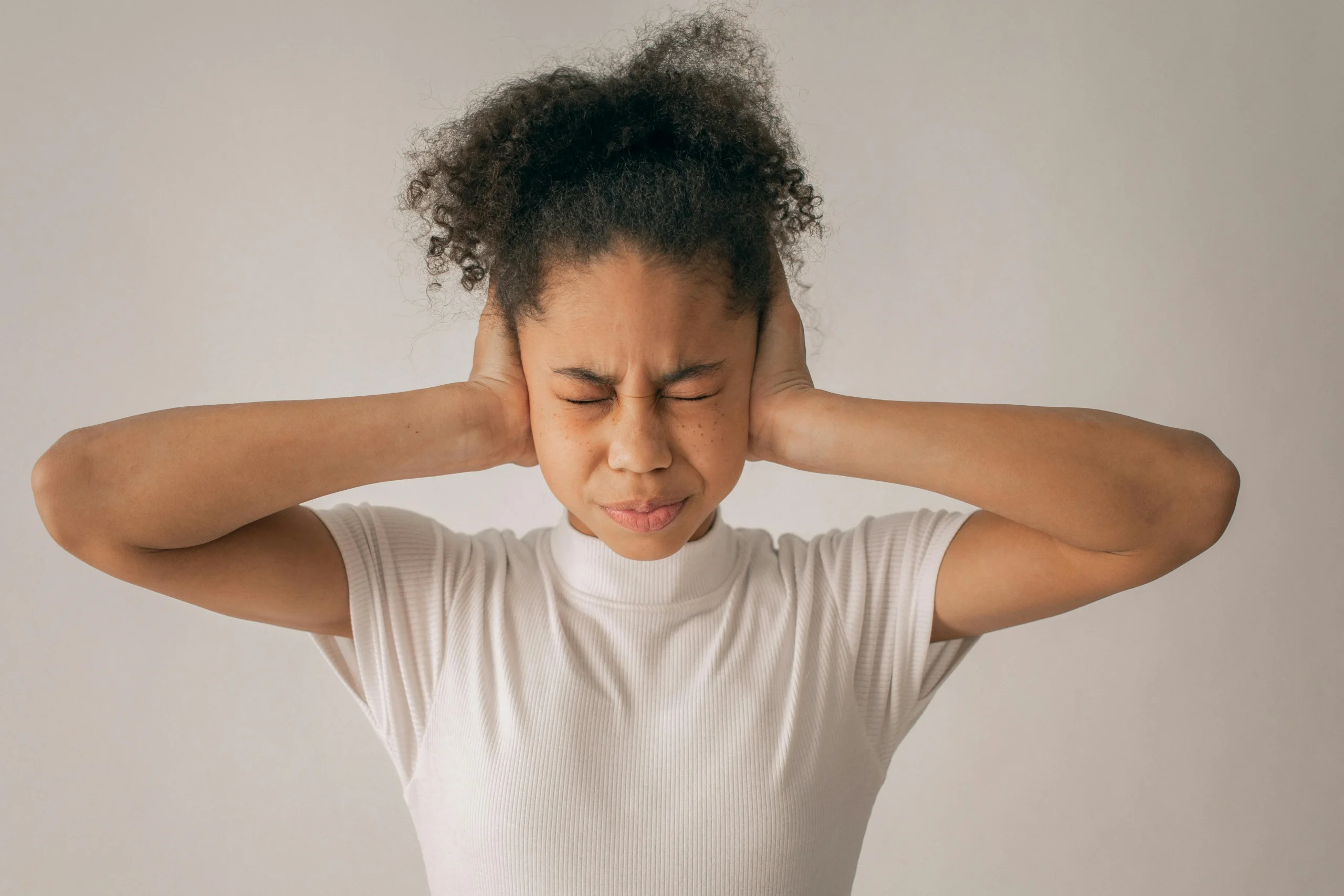Ear infections pose a significant health concern that can affect individuals of all ages. However, these infections are most commonly observed in children, particularly between the ages of 6 to 24 months. Alarmingly, approximately 80% of all children will experience at least one episode of an ear infection during their early years. Often overlooked, ear infections can lead to more significant problems, such as the spread of infection to nearby organs, decreased hearing, and impaired development if left untreated.
However, do not panic. In this article, we will explore the signs you have an ear infection and the appropriate actions to take because early recognition and prompt treatment of ear infections are key to relieving symptoms, preventing complications, and reducing recurrence.
Understanding Ear Infections
Ear infection, or in medical terms, acute otitis media, is an infection cavity behind the eardrum (middle ear) caused by bacteria or viruses. One common cause is the blockage of tiny tubes connecting the middle ear to the back of the nose, known as the eustachian tube. This blockage can result from respiratory illnesses like upper respiratory infections or allergies, leading to mucus buildup behind the eardrum, which may become infected and manifest symptoms of an ear infection.
For children, the risk factors are higher due to their shorter and more horizontally positioned eustachian tubes. Additionally, exposure to smoke, allergies, and upper respiratory infections increases the likelihood of ear infections.
Signs You Have an Ear Infection
1. Pain and discomfort in the ear
One of the primary signs you have an ear infection is pain and discomfort in the ear. This pain or discomfort may manifest as sharp, throbbing, or dull, ranging in intensity from mild to severe. Notably, the pain often exacerbates when lying down or chewing.

2. Hearing changes
Another sign of ear infection is when your hearing feels different. It might seem like your ear is full or that sounds are muffled. Sometimes, you might also notice that your hearing is not as good as usual. This change in hearing often happens because of a ruptured eardrum, known as conductive hearing loss.
If you think your hearing is wrong, seeing a doctor promptly is important. They might use special tests like tympanometry or audiometry to check your hearing more thoroughly and determine the best way to help you. Recognizing these changes in your hearing can help you get the proper care for an ear infection.
3. Fluid drainage
The appearance of fluid or pus draining from the ear is one of the significant signs you have an ear infection. This fluid can vary from watery to thick, taking on a yellow-whitish color resembling pus (purulent). A foul odor may suggest a longer-course infection caused by gram-negative bacteria.
If you experience fluid drainage from your ear signals that it is time to visit urgent care. Attempting to clear the drainage by inserting objects into the ear without proper technique can worsen the condition. Instead, follow this recommendation from the World Health Organization (WHO) on how to care for discharging ears. Additionally, avoiding water exposure in the ear is also recommended. Seeking professional evaluation ensures accurate diagnosis and appropriate treatment, preventing potential complications and promoting optimal ear health.

4. Additional Symptoms in Children
Children with ear infections may exhibit various additional symptoms that differ from those in adults. Fussiness, pulling at the ear, and difficulty sleeping are common signs that something might be wrong. Children, especially the younger ones, may be unable to express their discomfort verbally, making these behavioral cues essential indicators of a potential ear infection.
Apart from behavioral changes, ear infections in children can manifest as appetite changes or fever. If your child suddenly loses interest in food or experiences an unexplained change in their eating habits, it could be linked to an ear infection. Similarly, a fever might accompany an ear infection as the body tries to fight off the infection.
When to Seek Medical Attention
Knowing when to seek medical attention for an ear infection is essential. According to the CDC, symptoms lasting more than 2–3 days warrant a medical evaluation by a doctor. Additionally, indicators of a severe ear infection include:
- Fever with temperature of 102.2°F (39°C) or higher
- Discharge coming from the ear (pus or fluid)
- Worsening symptoms
- Hearing loss
Ear Infection Treatment Options
A watchful waiting approach for 2-3 days initially allows mild cases to resolve naturally. If symptoms persist, antibiotics taken by mouth or as an eardrop may be prescribed, and completing the full course is vital to prevent antibiotic resistance. Additionally, decongestants or antihistamines can be prescribed by doctors. Over-the-counter (OTC) medications in your household first aid medication cabinet, like acetaminophen or ibuprofen, can help relieve pain and reduce fever.
End Note
In conclusion, understanding signs you have an ear infection and taking prompt action is crucial for overall well-being, especially in children who are more susceptible to these conditions. Ear infections, if left untreated, can lead to severe complications. Recognizing the signs early on is the first step toward effective management and prevention of complications.
If you or your child show signs of an ear infection, don’t hesitate to visit Midlands Urgent Care today. Schedule a visit or walk in at your convenience. Early action makes a difference in treating ear infections. Your well-being matters—act now for optimal ear health.




